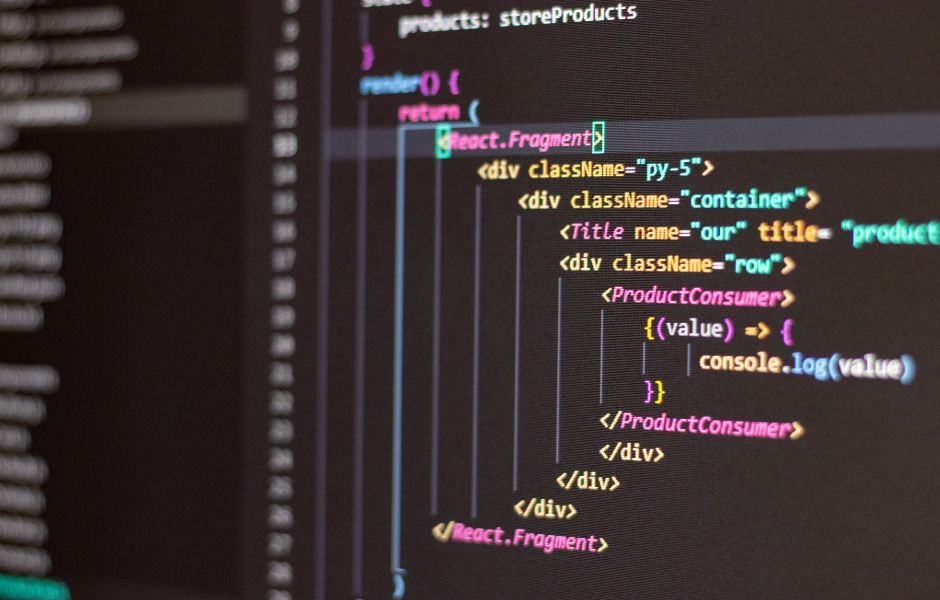One of the most common questions that we are asked is “What is a canonical tag?” and “How does it help with SEO?”. In this article, we explain all.
A canonical tag, also known as a canonical link element or rel=”canonical”, is an HTML attribute used to specify the preferred version of a web page when multiple versions of the same content exist. It is primarily used to address the issue of duplicate content on the internet.
Duplicate content refers to similar or identical content that appears on multiple web pages or URLs. This can cause problems for search engines in determining which version of the content to index and rank, potentially leading to lower search engine rankings and diluted search visibility for a website.
Usually, if canonical tags are not used, Google will choose to index the original page URL that contains the content. When it crawls another page that contains the same copy, Google will choose not to include this within their index due to it already having the original version of the content within its database.
However, this can be avoided by adding canonical tags. These help website owners or developers indicate the preferred version of a web page to search engines. By specifying the canonical URL, you are essentially telling search engines that this particular version of the page should be considered authoritative or the primary source of content.
Here’s an example of how a canonical tag is implemented in HTML:
<link rel="canonical" href="https://www.example.com/original-page.html">In this example, the canonical tag is placed in the head section of the HTML code of the duplicate pages. The “href” attribute specifies the preferred URL (in this case, the original page) that search engines should consider as the canonical version.
When search engines encounter a canonical tag, they use it as a signal to consolidate the ranking signals and attribute them to the specified canonical URL. It helps prevent duplicate content issues by consolidating the search engine rankings and relevance factors for the duplicate pages, ultimately directing search traffic to the preferred version.
Implementing canonical tags correctly can benefit your website’s search engine optimisation (SEO) efforts by avoiding duplicate content issues and improving the overall visibility and rankings of your web pages.
Our SEO Services
Established in 2007, Jump 2 IT Media have been providing PPC management and SEO services to companies across all industries in the UK and abroad ever since.
Our services help to raise the organic visibility of your website, drive additional traffic into its pages and, most importantly, drive a higher level of sales and enquiries your way. There are no tricks at play, just pure hard work and digital marketing knowledge being used to produce a successful SEO strategy.
Request a free SEO audit for your website today or call us on 0845 582 3545.





